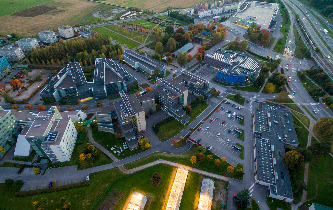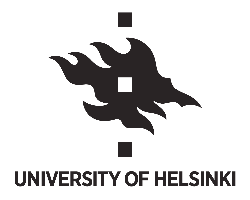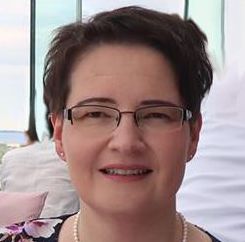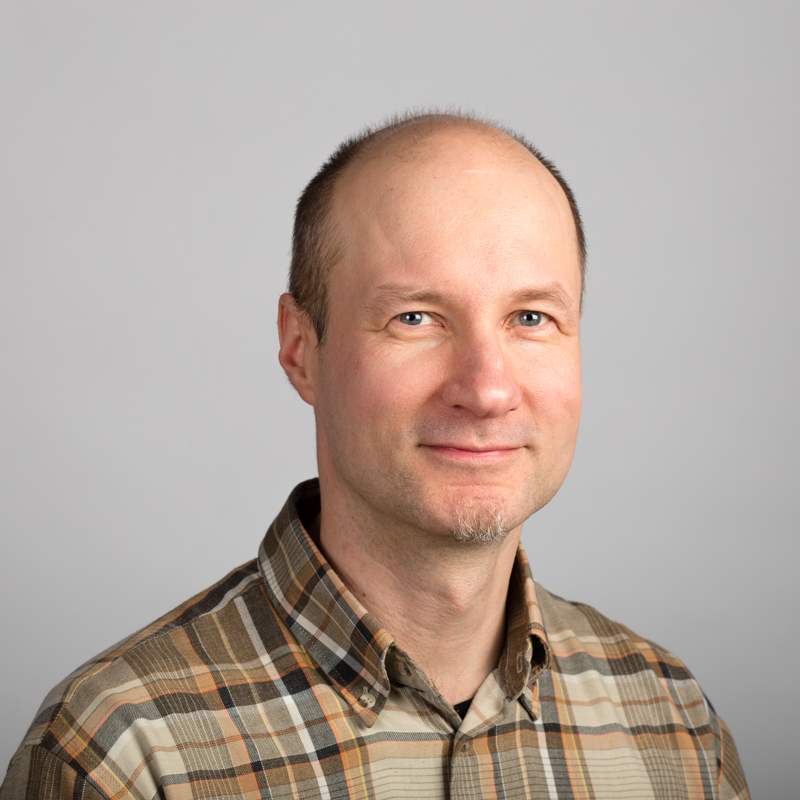

University of Helsinki Infrastructure for Integrated Structural Biology
Finnish Infrastructure for Integrative Structural Biology is formed by three Centers of Excellence at the Universities of Helsinki, Oulu and Eastern Finland. We provide expert-supported access to services and technologies in sample preparation, characterization, and structure determination. The Finnish structural biology community is represented by the national consortium Instruct-FI, which is forming a national link to the Instruct-ERIC.
University of Helsinki provides expertise in integrated structural biology services to support research and innovation in life science. It offers different techniques for purification and analysis of biological complexes and their structures. Available expertise includes biomolecular complex purification; cryo-electron microscopy; and single cell proteomics. Our service is a joint operation of the Faculty of Biological and Environmental Sciences and HiLIFE-Institute of Biotechnology.
Viikinkaari 9
00790, Helsinki
Finland
How to find us
University of Helsinki facilities are located in the Biocenter 1 and Biocenter 3 at the multidisciplinary Viikki Campus in Helsinki, the capital of Finland. Viikki campus hosts four faculties of the University of Helsinki and several governmental research institutions working in the field of life sciences.
Helsinki Airport is located in Vantaa, ~11 km from the Viikki Campus. Taxis are available outside the terminal. Other options include P or I trains, bus number 615 and the Finnair City bus to the main railway station in Helsinki. There are buses leaving from Rautatientori, next to the main railway station in the City Centre, to Viikki Campus. Travelling by bus takes ~15-20 minutes. For further information about travel to the facilities (link).
Biocomplex is specialized in macromolecular sample preparation and purification for functional and structural studies using preparative ultracentrifugation, monolithic chromatography and asymmetrical flow field-flow fractionation technologies. Biocomplex also actively develops new purification methods for large biopolymers, often in co-operation with manufacturers. Our technologies can be used in different combinations to purify large macromolecular complexes such as viruses, virus-like particles, viral subassemblies, exosomes, membrane vesicles, large protein complexes, and ribonucleoprotein complexes as an important first step in the structure analysis pipeline. Samples produced at Biocomplex can be further studied at the CryoEM facility located in the same building (see Electron Microscopy, Helsinki). We accept both visits and shipped samples. Please contact grp-biocomplexservice@helsinki.fi for enquiries.

View All Protein & RNA Production at Instruct
CryoEM unit provides high-resolution imaging of nanoparticles, such as virus and protein complexes in the order of 100 kDa upwards (~5 to 300 nm in diameter). CryoEM is particularly useful for objects that are too large, unstable or variable to be studied by X-ray crystallography or NMR. It can be used to understand the structure, assembly and function of various biological macromolecule complexes. The site has over 20 years experience in the preparation and optimisation of samples for cryoEM. Access is especially suitable for those wanting to screen samples and get small prelimianary datasets that can be used as proof of principle for access to 300 kV machines or for longer data collection. Both genetically modified organisms and biosafety level 2 samples (Finnish criteria) can be handled but may require acquisition of permits per sample upto 40 days prior to handling. Correlative light microscopy and cryoEM is possible. We accept both visits and shipped samples. Biomolecular complexes studied by cryoEM can be purified in the Biocomplex purification facility located in the same building (see Biomolecular Complex Purification, Helsinki). Please contact grp-cryoemservice@helsinki.fi for enquiries.
SCoPE-MS offers a revolutionary technique enabling global level identification and quantification of single cell proteome (>1000 proteins) using mass spectrometry, exceeding the by >ten-fold the identification capability of fluorescence or mass cytometry. Single cell technologies on DNA and RNA level have recently become extremely popular, the SCoPE-MS will extend this to protein/proteome level.



